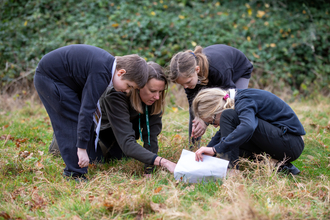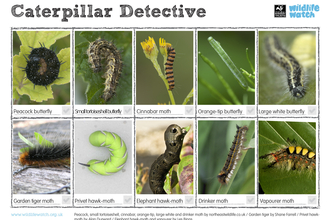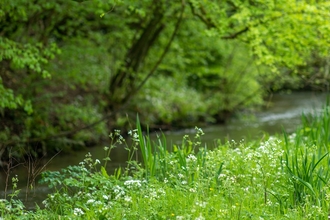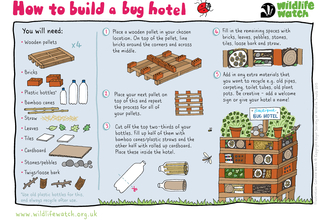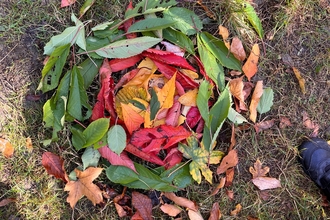Baazir Kaleelur Rahman
Primary schools wildlife quiz
Will your school become this year's Wildlife Quiz champion?
Whether you enter regularly, occasionally, or if you have never entered before why not join us for this year's Gloucestershire Wildlife Trust’s Annual Schools Wildlife Quiz?
The Wildlife Quiz started in 1976 with six schools and in 2025 it will celebrate its 49th anniversary. It is organised and delivered entirely by a group of dedicated volunteers. In 2024, almost 400 children from 72 schools took part. The quiz is a great way to incorporate wildlife knowledge into a learning programme, as a club after school or just as a bit of fun for the pupils. Over the years, we've been told us that the quiz was the start of a lifetime love of the natural world for many.
Each school enters a team of four pupils (plus one reserve), usually Year 5 and/or 6.
This fun and challenging opportunity for you and the children in your school is free and open to all primary schools across Gloucestershire.
Prizes include a habitats trip for up to 30 children, for the winning school.
In the first rounds, teams meet for a series of heats at other local primary schools in their area (you will be allocated an area when you enter). The next stage is the semi-finals which take place at Robinswood Hill in Gloucester. The final will be held at Highnam Community Centre .
The registration deadline for 2025 has now passed. Please contact learning@gloucestershirewildlifetrust.co.uk if you would still like to enter a team.
Click below for support to prepare your schools quiz team!
Example quiz questions
- Name a tree that begins with H?
- Where do kingfishers make their nest?
- Is a ‘meadow brown’ a butterfly, moth or beetle?
- Which two of the following have pink flowers: thrift, cow parsley, dog rose, bird’s foot trefoil, harebell?
- What is a linnet?
- How many species of lizard are there in the UK?
- Lizards have an unusual way of escaping when caught: what is it?
Example quiz answers
- Hawthorn, Hazel, Holly, Hornbeam, Horse Chestnut
- They make a nest burrow in the mud/sandy soil of a river/stream bank
- Butterfly
- Thrift, dog rose
- A bird
- 3 – Common lizard, sand lizard and slow-worm (legless lizard)
- They can shed their tail (it will regrow over time)
Meet the 2024 finalists
